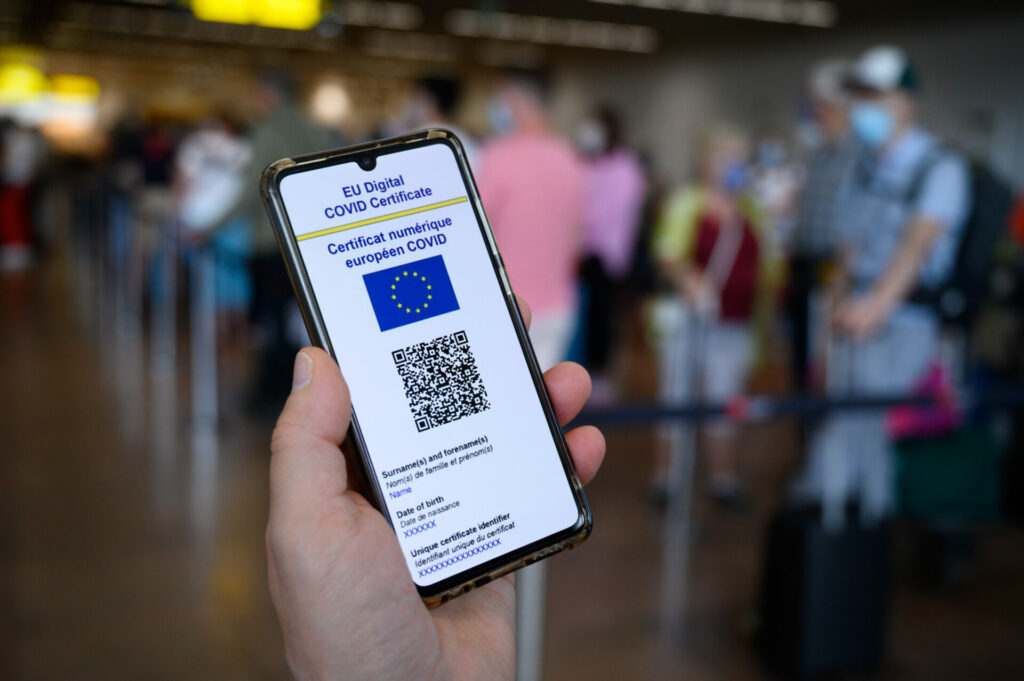The European Union wants its Member States to further relax its rules for non-essential travellers from third countries from 1 March, when only their individual status should be considered.
In its latest recommendation on Tuesday, the Council advised countries not to impose restrictions on tourists who were fully vaccinated or received a booster dose no more than 270 days (nine months) prior to arrival – regardless of the country they come from.
Those who have recovered from Covid-19 within 180 days (six months) before travelling should also be allowed to enter the EU without additional restrictions, the Council recommends.
Related News
- No more colour codes: Belgium simplifies travel rules from Friday
- Covid recovery certificates can now be based on antigen tests
- Europe colours fully 'dark red' for third week in a row on travel map
- Belgium lifts testing and quarantine rules for most travellers
Travellers coming from non-EU countries with fewer than 100 confirmed cases per 100,000 inhabitants in the last two weeks (instead of 75 cases previously) should no longer be restricted either.
Before the end of April, the European Commission must also decide whether its so-called "white list" of safe countries is still useful, and whether it would be better to switch entirely to a person-based approach. The Commission should report to the Council and could then submit to it a proposal to delete the list, if appropriate.
Belgium already uses this system
In the meantime, Belgium has already changed its rules since Friday 18 February, when it stopped taking into account the colour codes of incoming travellers’ country of origin, and only considered their individual vaccine, test or recovery status.
This applies to travellers wanting to enter Belgium from EU/Schengen countries, as well as those arriving from non-EU countries, such as the United Kingdom, the United States or Japan.

